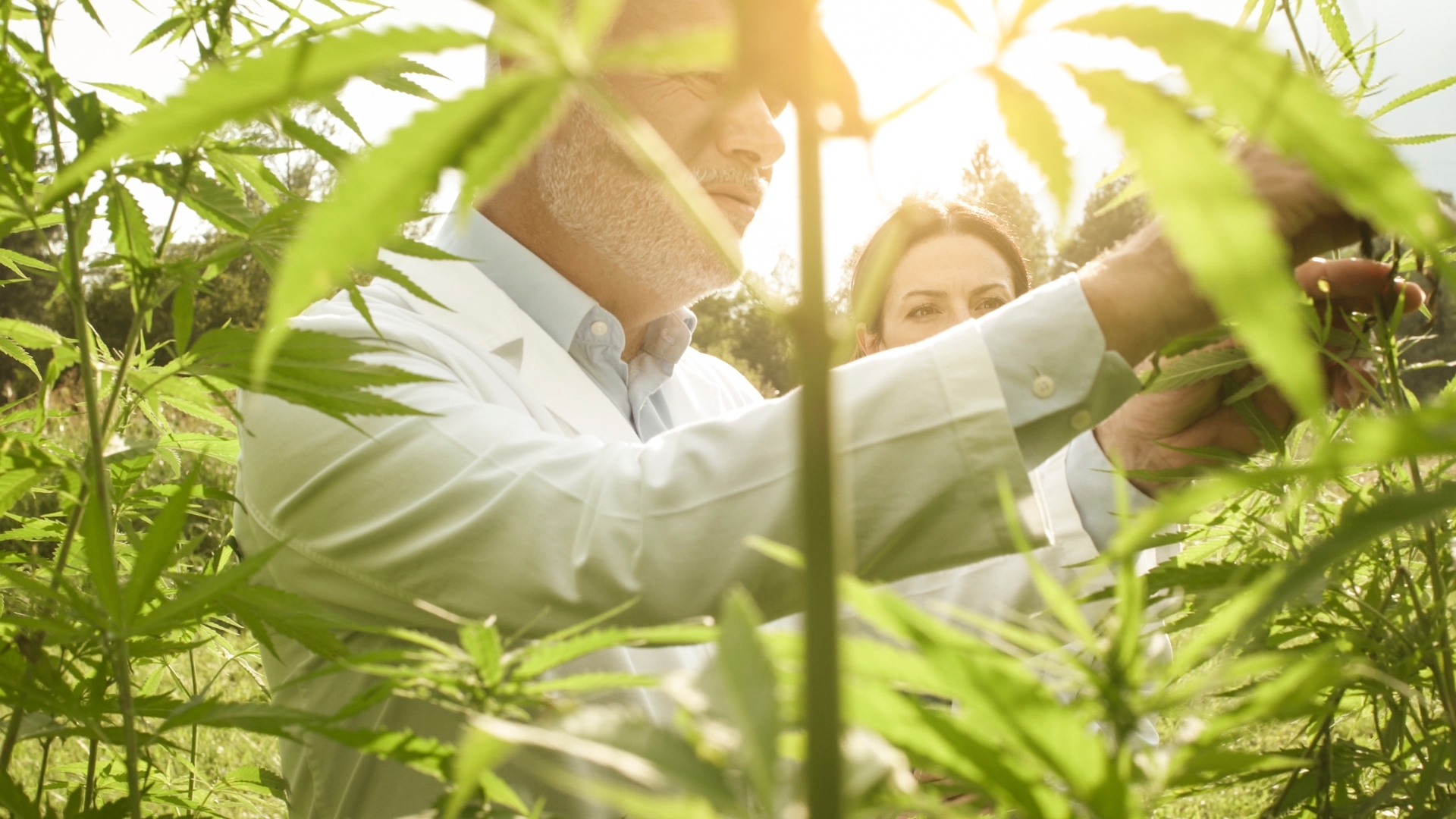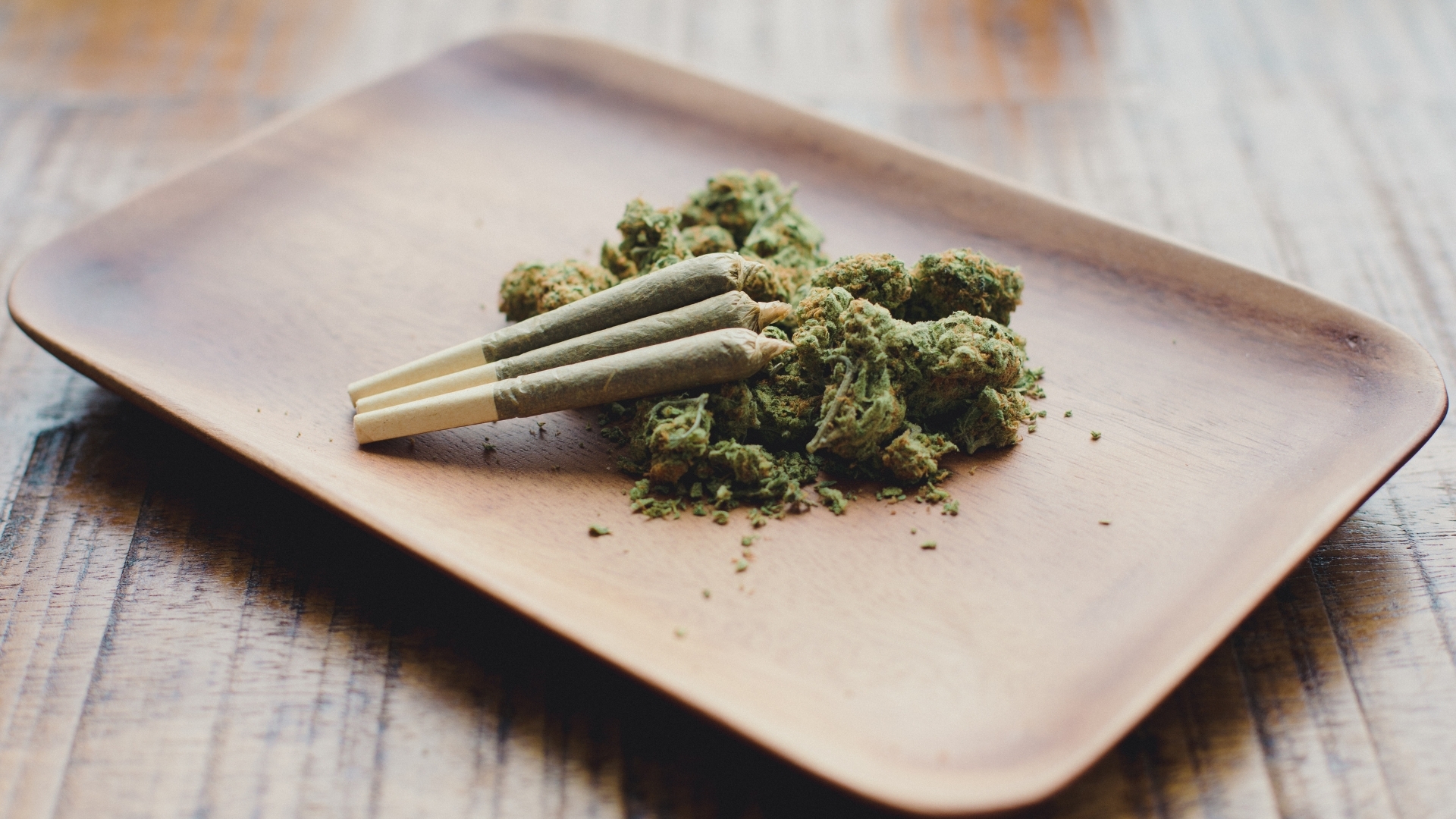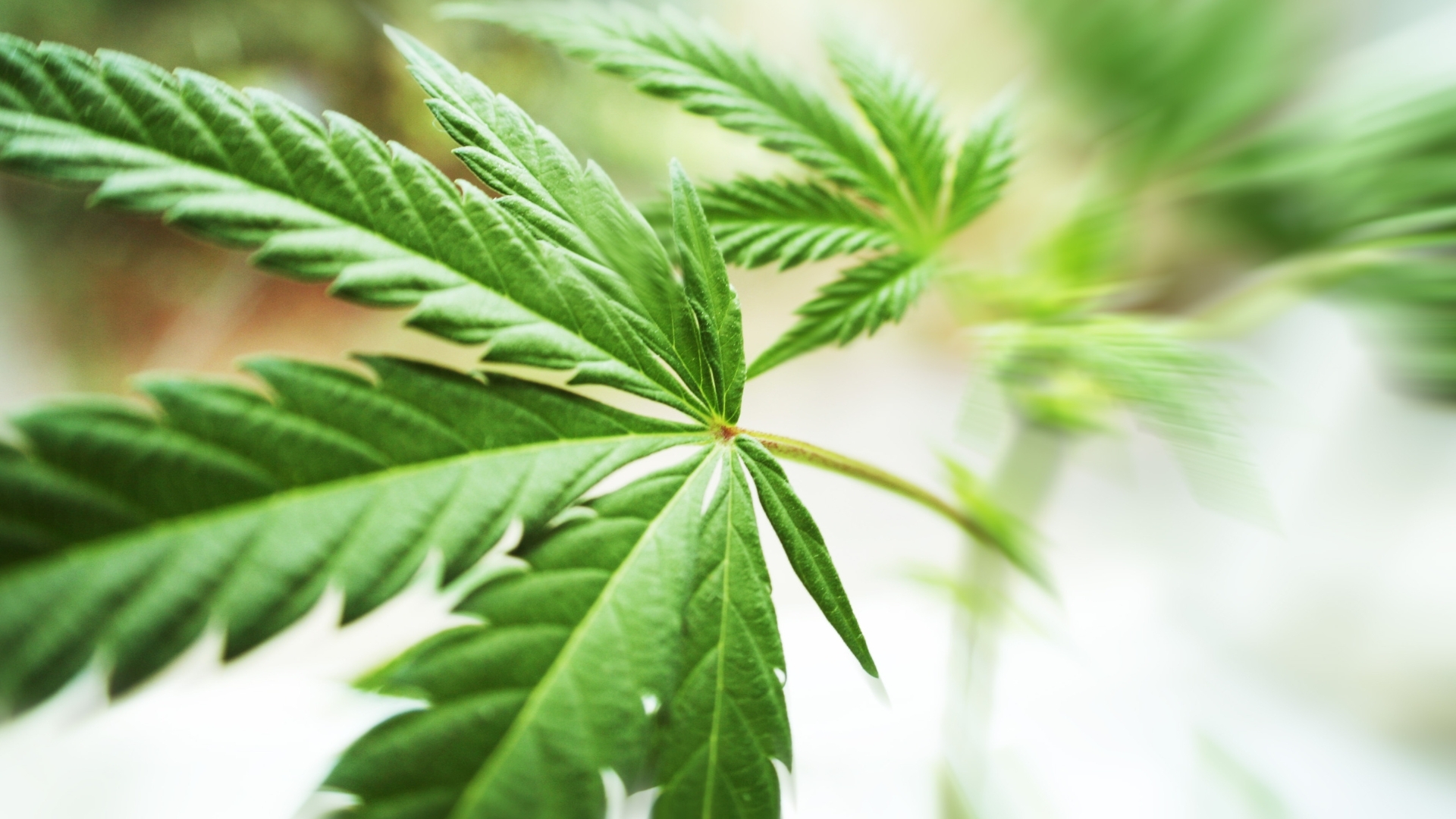Although not new, many people haven’t heard of THCa. Is it the same as THC? And what is that ‘a’ for anyway? Much like CBDA, the ‘a’ in THCa refers to an acid. This acid is temporary, and it falls away with a little heat. What it becomes next is something all cannabis consumers are quite familiar with. But let’s dig into the science behind this naturally occurring cannabinoid and what kind of benefits it may offer in our guide to THCa.
What is THCa?
Tetrahydrocannabinolic acid (THCa) is a non-psychoactive cannabinoid found primarily in raw cannabis plants. THCa is the precursor to the well-known psychoactive compound THC. As the cannabis plant matures and is exposed to heat, THCa undergoes a process called decarboxylation, transforming into THC.
How is THCa Derived from Hemp?
To understand how THCa is derived from hemp, it’s important to differentiate between hemp and marijuana. Both belong to the same plant species, Cannabis sativa, but they have different THC concentrations. Hemp is legally defined as containing no more than 0.3% Delta-9 THC, while marijuana contains higher THC levels.

THCa Extraction Methods
THCa is extracted from hemp using similar methods employed for other cannabinoids like CBD. Typically, manufacturers adhere to one of the following practices.
CO2 Extraction
This method uses pressurized carbon dioxide to pull cannabinoids from the hemp plant. It’s considered one of the most efficient and safest ways to extract THCa.
Ethanol Extraction
In this method, ethanol is used as a solvent to separate cannabinoids from the plant matter. This is a cost-effective technique but may result in lower purity levels.
Cold Water Extraction
This process involves soaking ground hemp in ice-cold water, which allows the THCa to separate from the plant material. The solution is then filtered, leaving behind the THCa.
What Are the Effects of THCa
As a non-psychoactive cannabinoid, THCa doesn’t produce the “high” typically associated with THC. However, it has been studied for its potential benefits.
- Anti-inflammatory properties: THCa may help reduce inflammation and alleviate symptoms of inflammatory conditions.
- Neuroprotective effects: Some research suggests that THCa could protect brain cells from damage and degeneration.
- Antiemetic effects: THCa has shown promise in reducing nausea and vomiting, making it potentially beneficial for patients undergoing chemotherapy.
- Analgesic properties: THCa may offer pain-relieving effects without the psychoactive side effects of THC.
Research is ongoing, and we are hopeful that THCa will soon garner more attention for its therapeutic properties.
How Does THCa Affect the Endocannabinoid System
The endocannabinoid system (ECS) is a complex cell-signaling system that plays a crucial role in maintaining homeostasis within the body. It consists of three main components: endocannabinoids, receptors, and enzymes.
THCa interacts with the ECS by binding to its receptors, primarily the CB1 and CB2 receptors. However, it has a weaker binding affinity than THC, leading to its non-psychoactive nature. This interaction with the ECS helps modulate various physiological processes, including immune function, mood, appetite, and pain sensation.

What Types of THCa Products Are Available?
As interest in THCa grows, a variety of products have emerged on the market, catering to different preferences and needs. Some of the most popular THCa products are in many popular formats consumers know and love.
THCa Tinctures
These liquid extracts are taken sublingually (under the tongue) or mixed with food and drinks. They offer a convenient, discreet, and accurate dosing method.
THCa Capsules
Capsules provide a simple, pre-measured dose of THCa and are often combined with other cannabinoids or supplements for targeted benefits.
THCa Diamonds
THCa can be isolated and purified into crystalline form, which can be ingested, mixed into food, or vaporized at low temperatures to preserve its properties. They have been aptly named THCa diamonds due to their appearance.
Topicals
THCa-infused creams, lotions, and balms can be applied directly to the skin for localized relief from inflammation, pain, or skin conditions.
THCa Pre-rolls
Pre-rolled joints filled with THCa-rich cannabis strains offer a convenient and easy way to consume THCa. These pre-rolls are specifically made with low-THC strains with higher THCa content, allowing users to enjoy the potential benefits of THCa without the psychoactive effects of THC. THCa pre-rolls are an excellent option for those seeking a more traditional smoking experience while exploring the world of alternative cannabinoids.

Best THCa Strains
While most cannabis strains contain some level of THCa, certain strains are particularly rich in this cannabinoid. If you’re interested in exploring THCa, consider these strains:
- ACDC: A high-CBD, low-THC strain known for its therapeutic properties, ACDC also contains a significant amount of THCa.
- Harlequin: This sativa-dominant strain has a CBD:THC ratio of 5:2 and boasts high levels of THCa, making it a popular choice for medical patients.
- Cannatonic: A balanced hybrid strain, cannatonic is widely recognized for its high CBD and THCa content, making it suitable for users seeking relaxation without the psychoactive effects of THC.
- Sour Tsunami: A sativa-dominant strain, sour tsunami is bred for its high CBD and THCa content and is often recommended for pain relief and inflammation reduction.
THCa is an intriguing and promising cannabinoid that offers a range of potential benefits without the psychoactive effects associated with THC. As research continues, we can expect to see more THCa products and strains on the market, providing consumers with diverse options for incorporating this alternative cannabinoid into their wellness routines.


